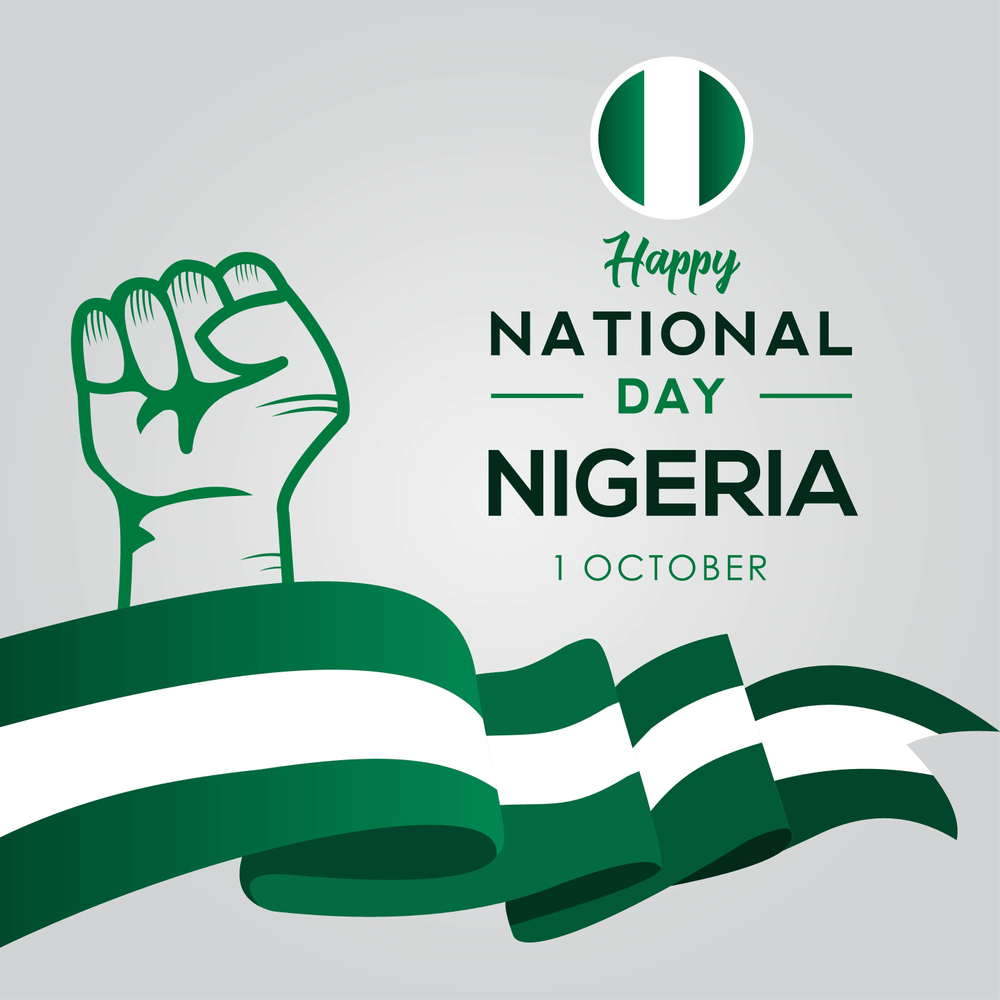Nigeria at 64: A Reminder to Look into the Pages of History

Nigeria at 64: A Reminder to Look into the Pages of History
"I never knew Nigeria experienced a Civil War until I studied Government in Senior Secondary School."
"I never really understood what was so special about June 12 in Nigeria until my school didn’t join others to observe the holiday."
"My first encounter with the Biafra story was because I had to write an exam on the topic. I was late into my teenage years, and the account was wrapped up in a few paragraphs, as though it was a 3-hour riot, when in reality, it raged for nearly 3 years."
These statements reflect a broader issue: many Nigerians are largely unaware of critical parts of our nation’s history—stories that define us as a people. Unfortunately, the system has done little to preserve this history. In 2007, Nigerian schools were instructed to remove History from the curriculum. The subject was reduced to fragments scattered across Social Studies and Civic Education. History became an elective in secondary schools, allowing many students to bypass it entirely. While some universities retained History as a distinct discipline, others diluted it by merging it with related fields like International Relations and Strategic Studies.
In 2018, the then-Minister of Education announced the reintroduction of History in schools, only for the Vice President in 2019 to issue another directive pushing for its reinstatement. The fact remains that from 2007 to 2019, for 11 years, Nigerian students were deprived of a formal study of the past—a vital tool for understanding the present and shaping the future.
Nigeria’s neglect of its own history is not new. With each generation, knowledge of our past fades. But how can a nation progress without a clear understanding of Her history? History is not just about dates and events; it’s about understanding the developments, social structures, and mindsets that have shaped humanity. A society that knows its history asks important questions—questions that hold governments accountable. Unfortunately, in Nigeria, such questions are often silenced, ignored or buried. In our current reality, the responsibility to seek out and preserve our history lies with us as individuals. We cannot afford to remain passive, waiting for someone else to tell our stories. We must actively seek out, rediscover, and share our history.
As we mark Nigeria’s 64th Independence Anniversary, I, as the University Librarian of Ladoke Akintola University of Technology, and a passionate advocate for our nation’s history, have curated a list of books that shed light on various aspects of our past. These books may not capture everything, but they bring to the forefront issues and events we might have forgotten or overlooked for far too long.
Let us explore some of these important works, some of which are available in the university’s library:
- Nigeria, Nationalism and Writing History by Toyin Falola and Saheed Aderinto:
This work traces the development of Nigerian historical literature, particularly in the context of African nationalist historiography. It challenges modern historians to reevaluate the nation's past in light of its contemporary global role and future. - Nigeria: Africa’s Failed Asset? by Sir Olaniwun Ajayi KJW:
An incisive analysis of Nigeria’s struggles as Africa's most populous nation, this book addresses the flawed federal structure at the root of many of the country’s challenges and suggests solutions for national progress. - Laying the Foundation for Nigeria’s Democracy by Prof. H.N. Nwosu:
This book examines Nigeria’s 1993 presidential election and its subsequent annulment, offering a deep dive into issues of legitimacy and the nation's enduring quest for true democracy. - There Was a Country: A Personal History of Biafra by Chinua Achebe:
Achebe’s memoir weaves together personal experiences and political insights, recounting the ethnic tensions and violence that led to the Nigerian Civil War. It serves as both a historical account and a reflection on Nigeria’s post-war struggles. - House of War by Dare Babarinsa:
A thorough examination of Nigeria’s military era, this book reveals the intricate power dynamics and political coups that shaped Nigeria's governance and its lasting impact on the nation's democratic development. - June 12, 1993: Annulment by Abraham Oshoko:
This graphic novel presents the events surrounding Nigeria’s June 12 election, a pivotal moment in our democratic history, through engaging visual storytelling. It offers an accessible way for readers to understand the profound significance of that event.
The list is endless, but these few examples provide a good starting point for understanding our rich and complex history. I encourage you to share other valuable texts in the comments.
As we commemorate 64 years of independence, this is a reminder that history is essential for national development and identity. It offers context for our present challenges, helps us avoid repeating past mistakes, and informs future decision-making. Knowledge of our history fosters national unity while recognizing the diversity of our experiences.
A nation that forgets its history risks losing its sense of purpose and direction. Thus, historical awareness is not just an academic exercise—it is a cornerstone of national progress. Indeed, would I be wrong if I say History is an organic discipline?
God bless Nigeria!!!
Adefunke Sarah Ebijuwa| PhD, CLN, MNLA
librarian@lautech.edu.ng; fsebijuwa@lautech.edu.ng
